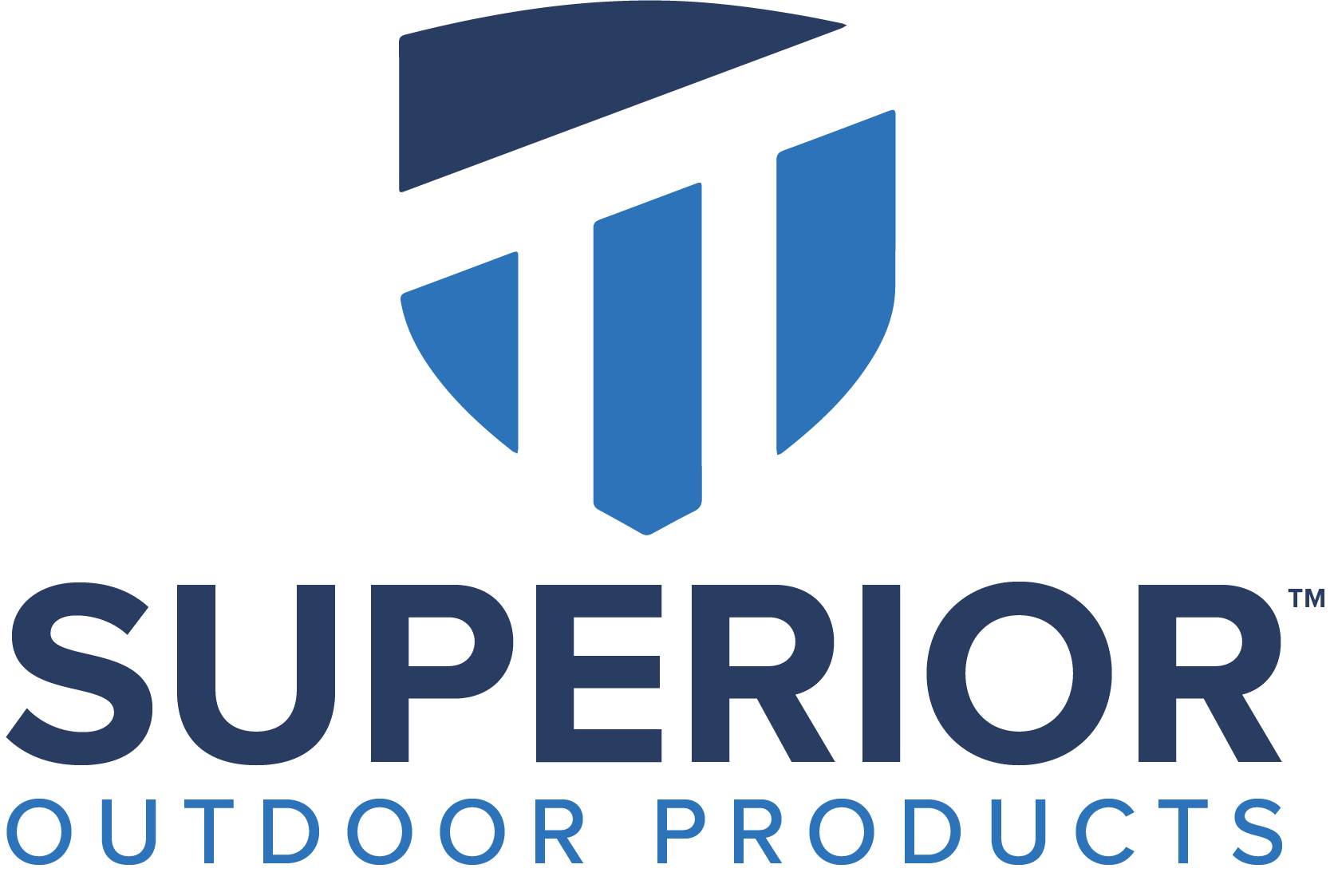Managing Company Finances During a Pandemic
Interview with Our CFO

Kristy Olshan is the Chief Financial Officer of Superior and affiliates. Prior to coming to Superior and companies, she worked for a Fortune 500 company as Director of Investor Relations. She is also a Certified Public Accountant and holds an MBA from York (PA) College.
We sat down to ask Kristy some questions about finance and leadership in the Time of COVID.
So…2020. Have you ever seen a year like this?
I was early in my career during the Great Recession, and this is completely different than 2008. This is not a standard recession or a bursting bubble, this is a global pandemic that has impacted every nation on earth. Trying to navigate something like this is new for most executives.
I believe this is going to redefine how people interact with each other moving forward. I’m increasingly thinking that we won’t be going back to normal, but that there will be a new normal.
What were you concerned about when this whole thing first started? How have your concerns changed?
At first, liquidity. Cash flow was my primary concern. Sales demand. Probably every CFO in the world had those concerns at the time. Fortunately, liquidity is not a concern at the moment because of the Paycheck Protection Program (PPP) funding.
What we’ve seen on the sales side, thankfully, is strong demand for our product. This whole pandemic has changed the way people view their home. It’s not just a place to go to sleep, it’s their office, their gym, their outdoor entertaining space, a place to feel some semblance of normalcy and be protected from virus transmission and spread. Ironically, demand for our products has increased. At least in the near term.
What happens over the longer term? If we’re not able to, as a country, get things under control, the long-term economic impacts will be ongoing, and we will not see a quick recovery. At that point you’ll see high unemployment rates and industries will have to redefine themselves. You’ll see company consolidation, and companies that are overleveraged might not survive.
What would you say the most challenging things have been since March?
The disruption to the business. We’re a seasonal business; we anticipate and have our workforce staffed accordingly. As a result of COVID, our normal demand pattern has been disrupted. Demand in March and April slowed down, but it ramped back up significantly in May and has continued. So we have operational challenges with the substantial increases in volume and we’re trying to dig out of that backlog.
From a senior leadership perspective, we want to make sure we’re making decisions to protect our associates and ensure the longevity of the company. That was the reason that we shut down in March, even though technically we didn’t have to. We wanted to make sure we were keeping our employees healthy, getting health protections and PPE in place, and taking all necessary precautions.
Talk about the PPP loan. I know you and your team worked hard to secure our loan. How were we able to get it?
We were able to get our application submitted the day that the SBA began accepting them for the first round of funding. There was such strong demand that the timeliness was really critical, and we had to make sure that every “i” was dotted and “t” was crossed. I sent over 3000 pages of payroll register! It was really a testimonial to my team’s ability to pivot and get the required documentation together. Without submitting that when we did, we wouldn’t have been able to receive funding in the first round.
Priorities going forward. What are we focused on? Are there things we’re letting go?
Our top priority hasn’t changed: we’re laser-focused on serving our customers and making sure we do that well. We want to to deliver what our customers want when they need it. Especially in the building materials industry, with the shortage of skilled labor, you can really differentiate yourselves if you deliver on-time, in-full. That has always been our focus, but it’s more important now than ever.
The smart companies are the ones that can take this opportunity to invest in themselves. Operational improvements. Sales. Marketing. We might not do all the same things we’ve done, like tradeshows, but we can invest in digital assets. As more business transition to digital and ecommerce, our investments in those will pay off.
What are some good things that are coming out of this, for our companies?
Demand in the near term has increased, and we’re blessed to be in an industry that is thriving right now. So we’re doing our best to take advantage of this and position ourselves well for the future.
What advice would you give to other companies’ leadership trying to work through this time?
Agility is key, especially having a mechanism for leadership to align on strategic decisions and a path forward. And do that quickly! The companies that survive this and come out stronger will be the ones that are able to adapt to the new normal.
From a CFO’s perspective, as organizations are looking at economic uncertainty in the next couple of years, maintaining strong balance sheets is very important. Not carrying too much debt and, as they’re able, keeping liquidity and cash flow strong.


